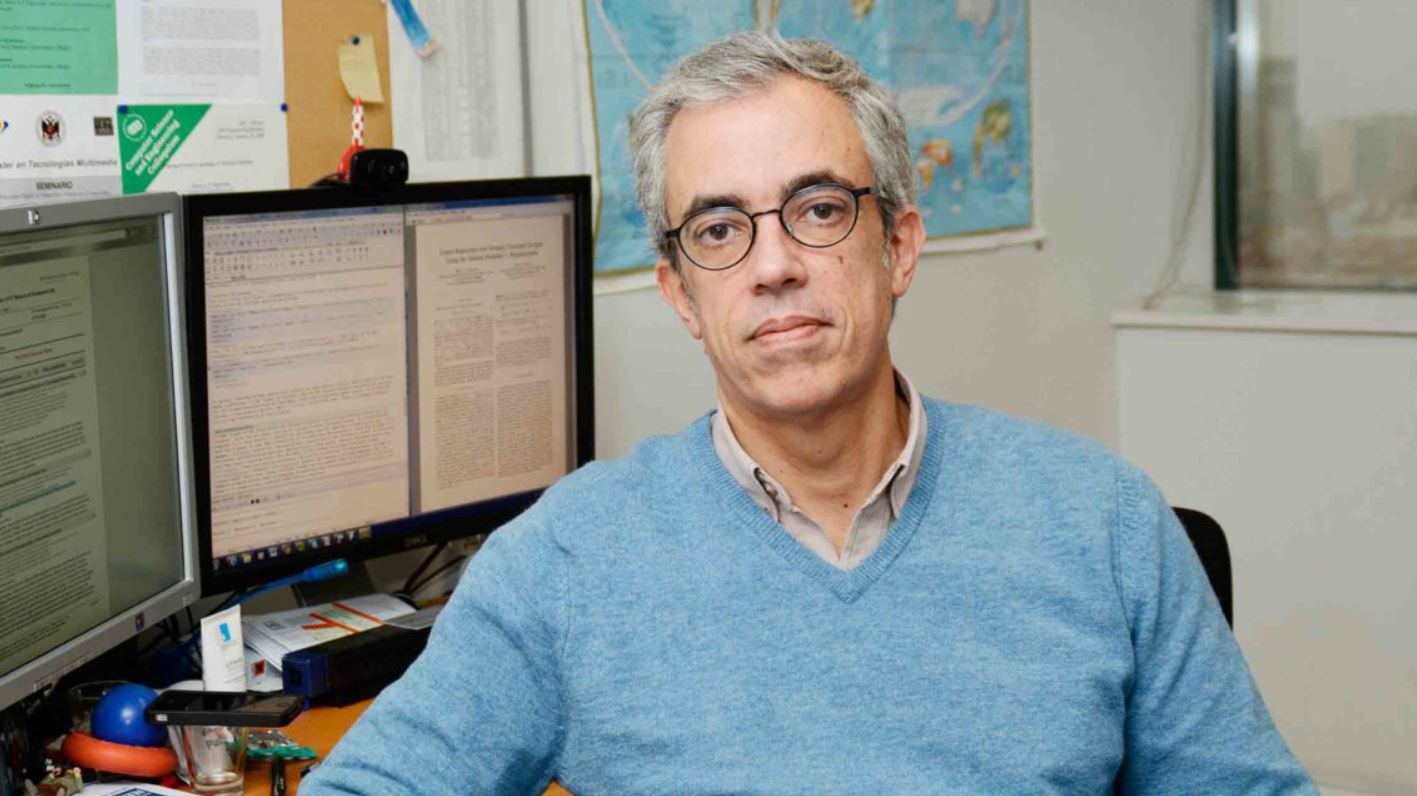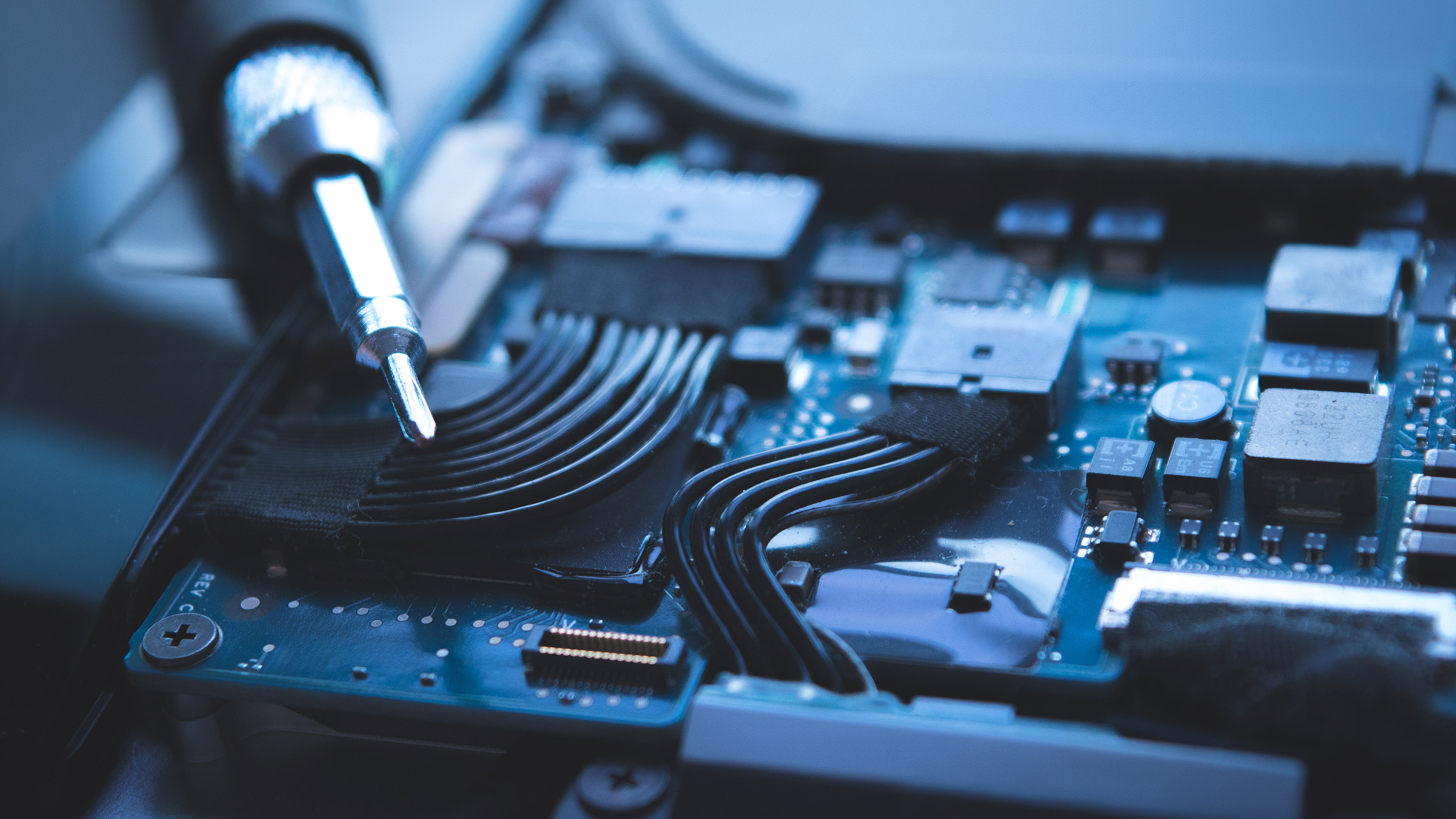AI: "the behavior of an artificial system that humans perceive as intelligent"
Article published in newspaper Público

Mário Figueiredo, professor at the Department of Electrical and Computer Engineering, participated in the episode of the podcast Mais Lento do que a Luz, from the newspaper Público, shared on the 18th October. He discussed his journey as a researcher and the topic of Artificial Intelligence (AI), including the associated risks, the need for its regulation, and its connection to the awarding of this year's Nobel Prizes in Physics and Chemistry.
The performance leap that occurred in language generation with ChatGPT in 2021/22 was surprising.
Professor Mário Figueiredo
In this episode, Mário Figueiredo defines AI as the "behavior of an artificial system that humans perceive as intelligent" and that "leaves it up to humans to decide whether [the system] is intelligent or not." Following this theme, the professor also expressed his surprise regarding the awarding of the two Nobel Prizes this year. In physics, he highlighted research on neural networks conducted in the decades before the prize was awarded, again emphasizing the contribution of other scientists like Shun’ichi Amari, a Japanese researcher in this field. Regarding chemistry, the professor mentioned the role of AI and machine learning in predicting models of new protein structures through amino acid sequences.
During the conversation, Mário Figueiredo also highlighted the inherent dangers of using AI on social media, pointing to issues like misinformation, information manipulation, and its influence on democracy, while also emphasizing the lack of privacy for users in the digital environment. From his perspective, AI regulation is necessary to minimize some risks.
We should not be afraid of machines; we should be afraid of the owners of the machines.
Professor Mário Figueiredo
Listen to the full episode here.
Photography: Técnico
